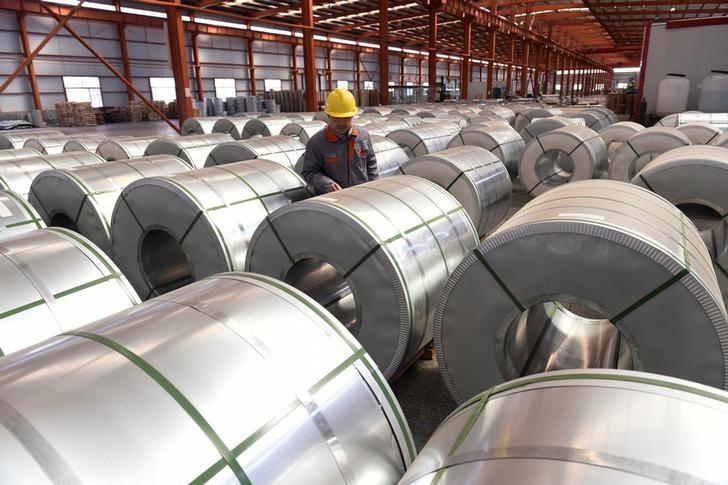Century Aluminum, the largest producer of primary aluminum in the United States, laid off hundreds of workers due to business inactivity at one of its plants, a decision that CEO Jesse Gary attributed to rising energy prices.
Layoffs at Century’s Hawesville plant in Kentucky were announced by the company in a June 22 statement. The plant will remain idle for nine to 12 months, by which time the firm expects energy prices to return to “more normalized levels.” The company employs more than 600 workers at the plant, most of whom received the temporary layoff notice on June 22.





